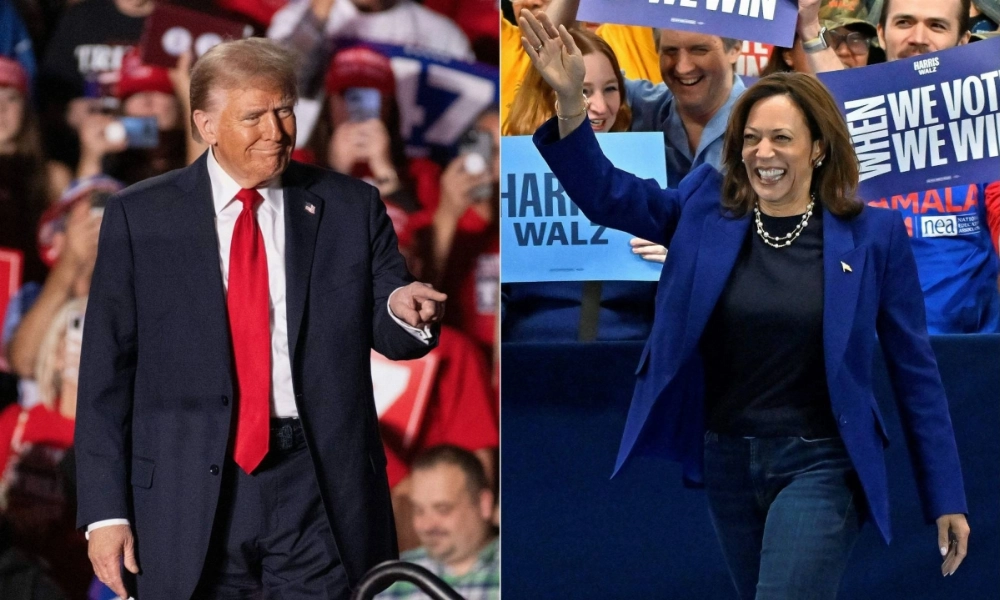The result of this week’s U.S. presidential election could have a vastly different impact on Japan depending on who wins, with Republican Donald Trump offering up the prospect of disruption and Democrat Kamala Harris likely to maintain the status quo.
But, contrary to what some observers fear, Washington’s limited bandwidth as it grapples with two wars — Russia’s invasion of Ukraine and Israel’s war against Hamas and Hezbollah — means that any drastic shift in the trajectory of U.S.-Japan ties is unlikely, at least in the immediate future.
Japan is also more prepared to prevent a shock similar to 2016 following Trump’s unexpected electoral victory. Whoever wins the race to succeed President Joe Biden, Tokyo — which has already sent emissaries to both camps — will continue to work assiduously to craft a strong relationship with the incoming U.S. administration.
















With your current subscription plan you can comment on stories. However, before writing your first comment, please create a display name in the Profile section of your subscriber account page.